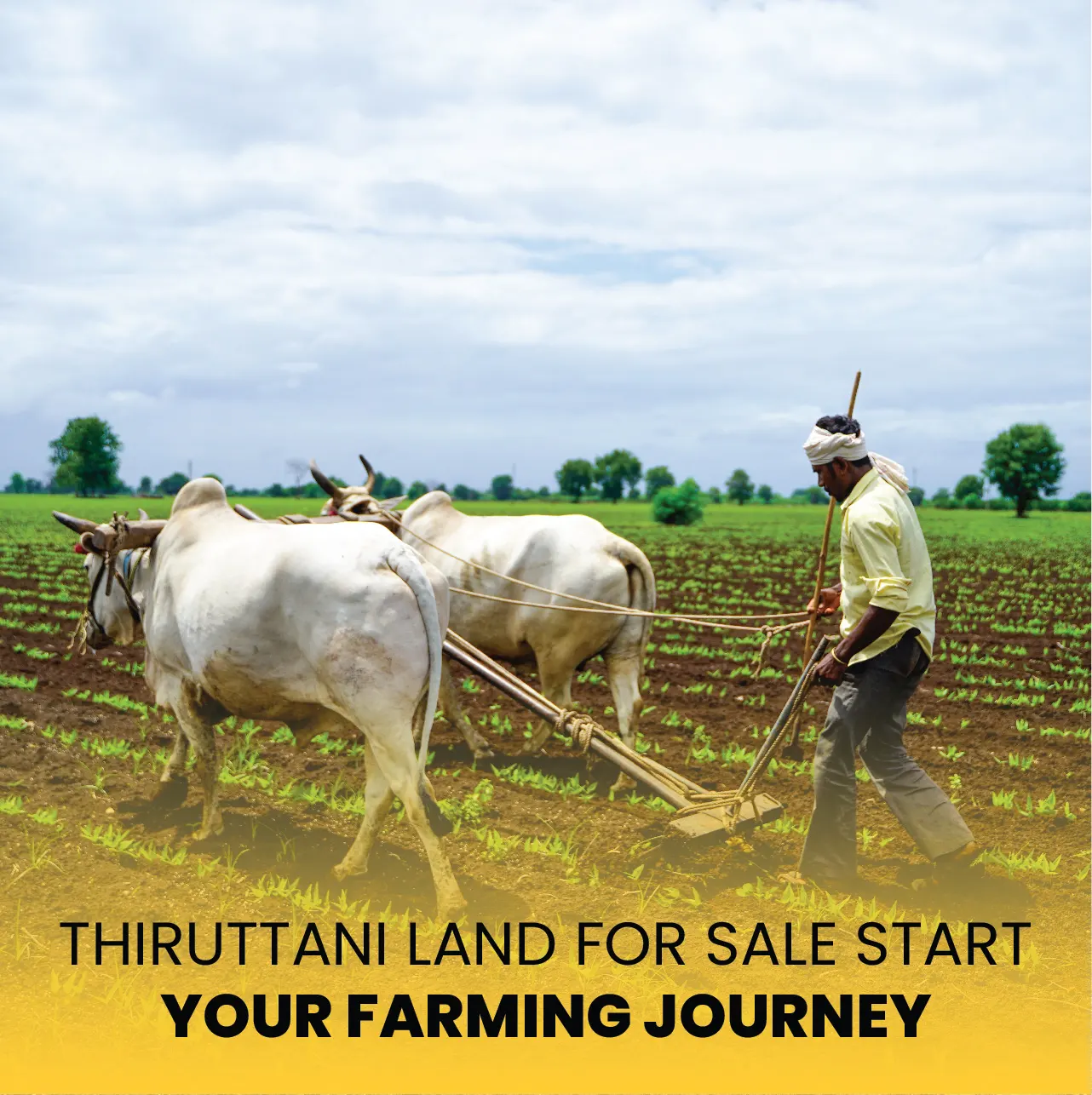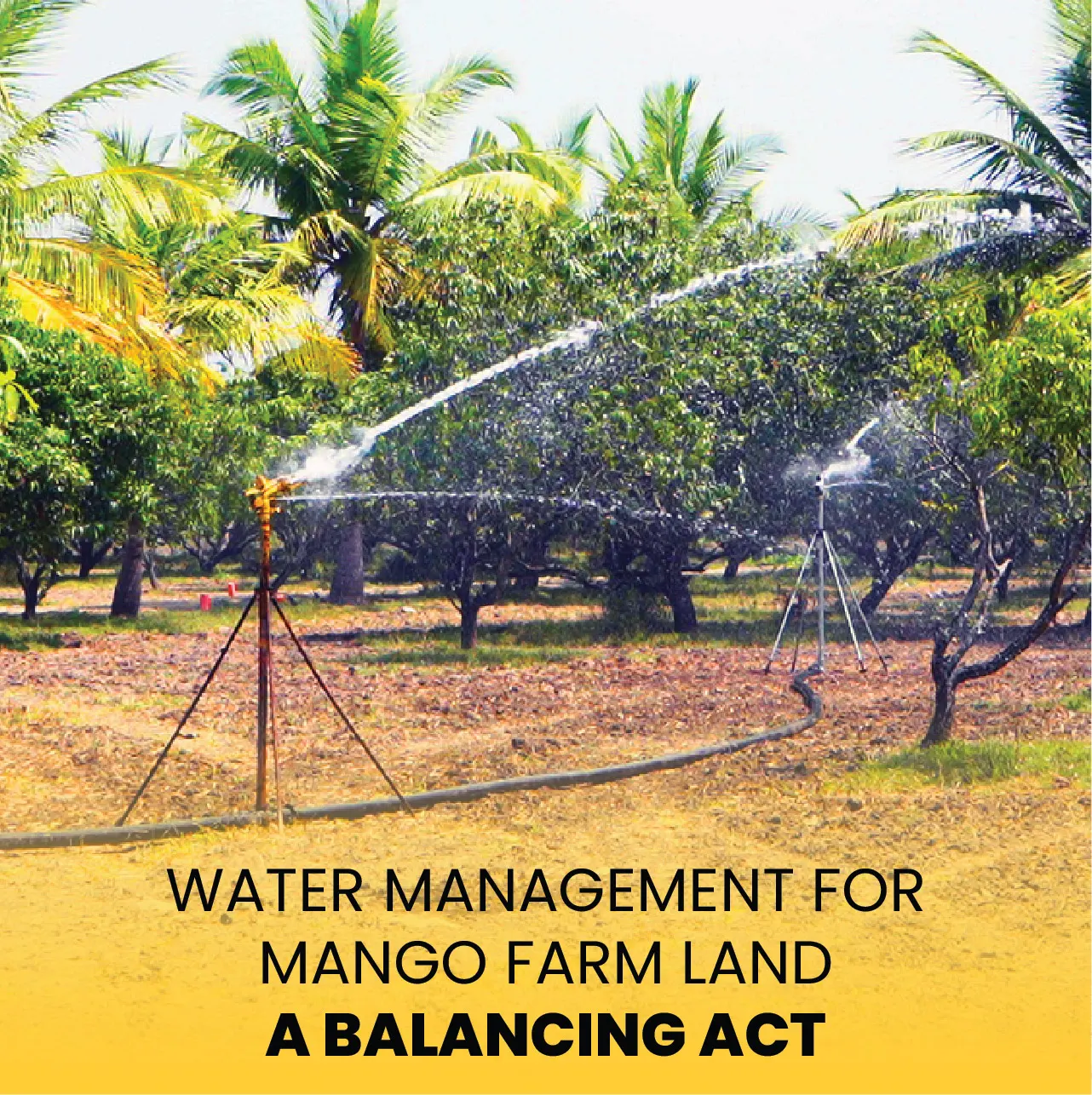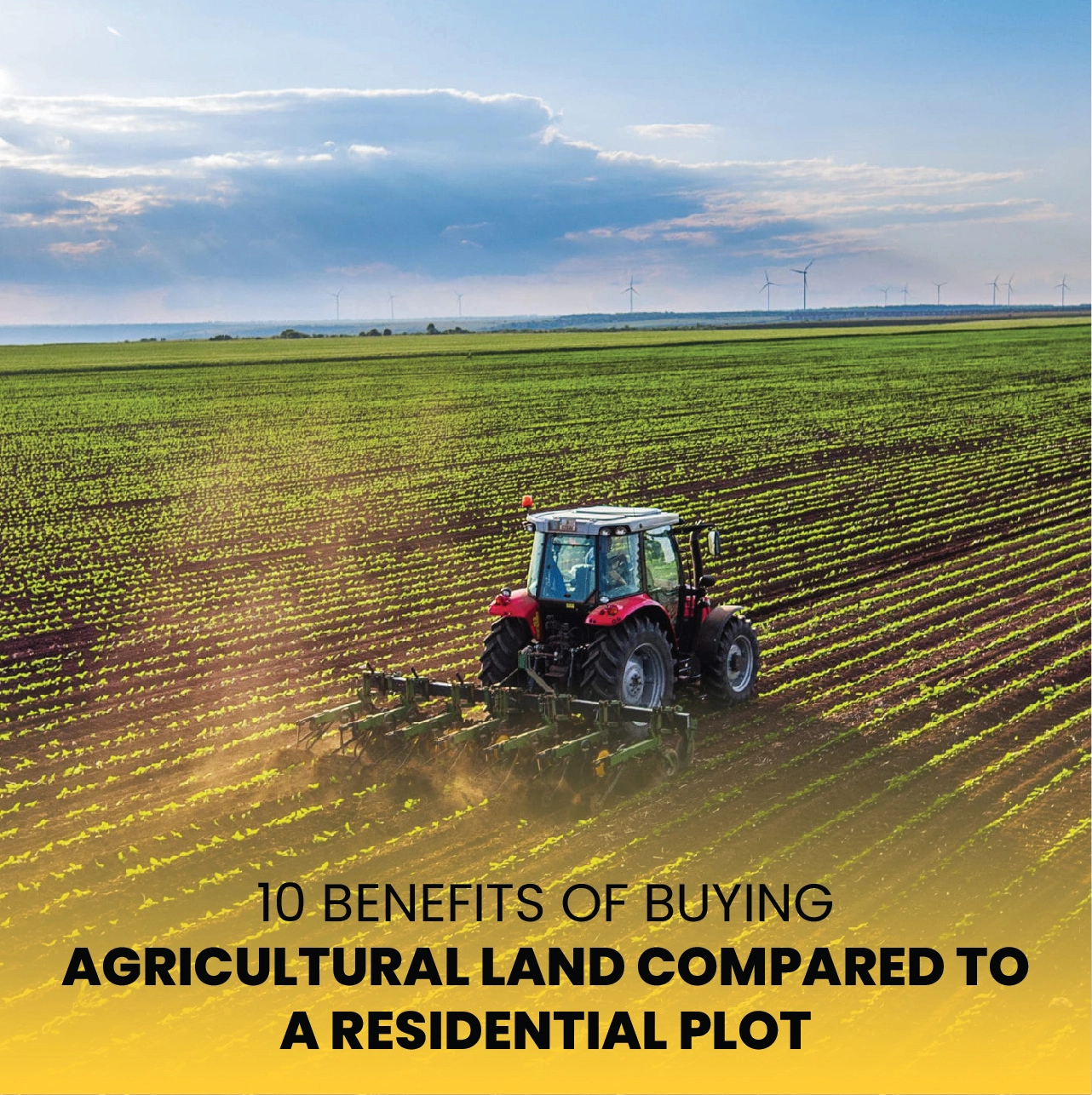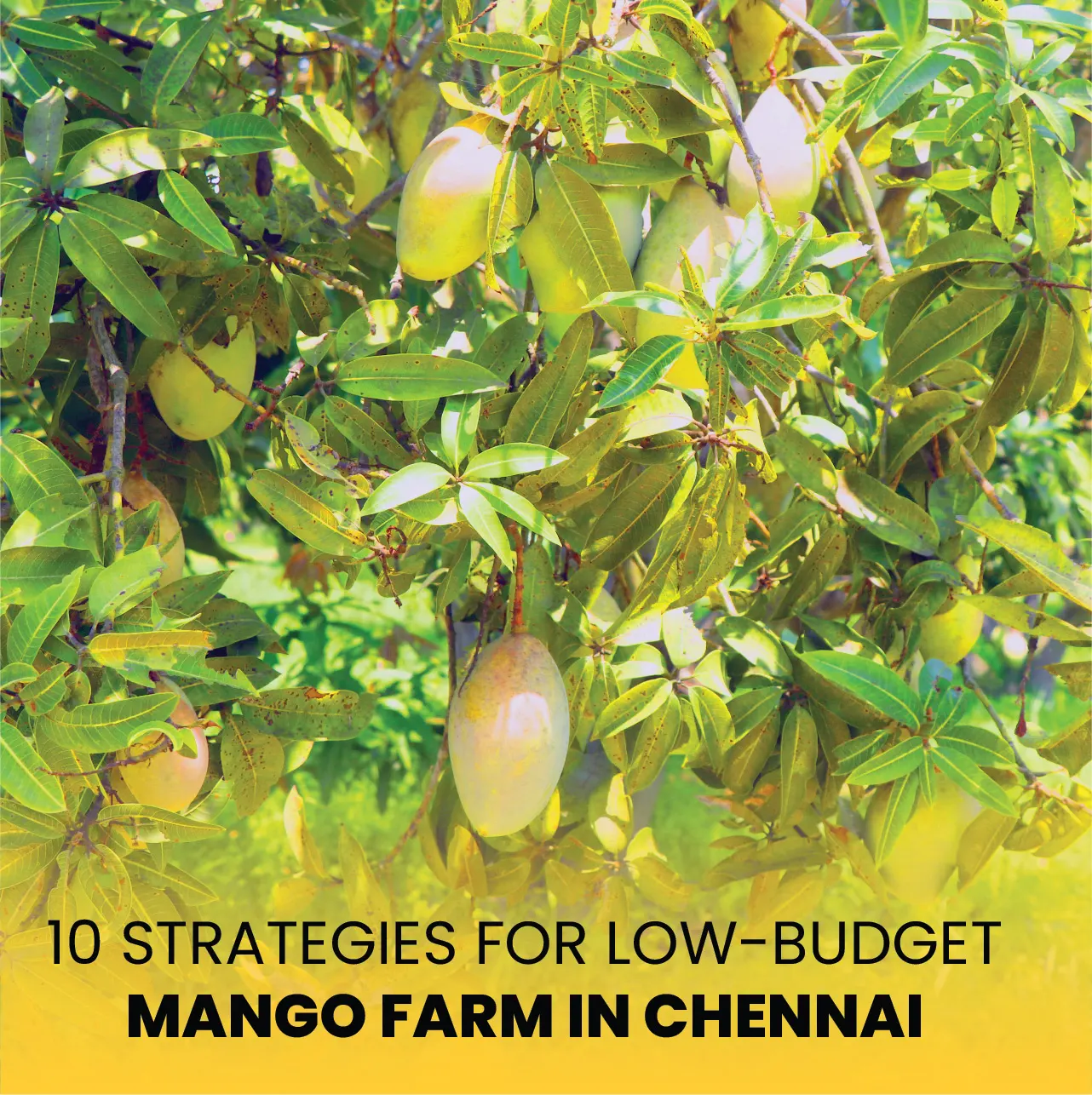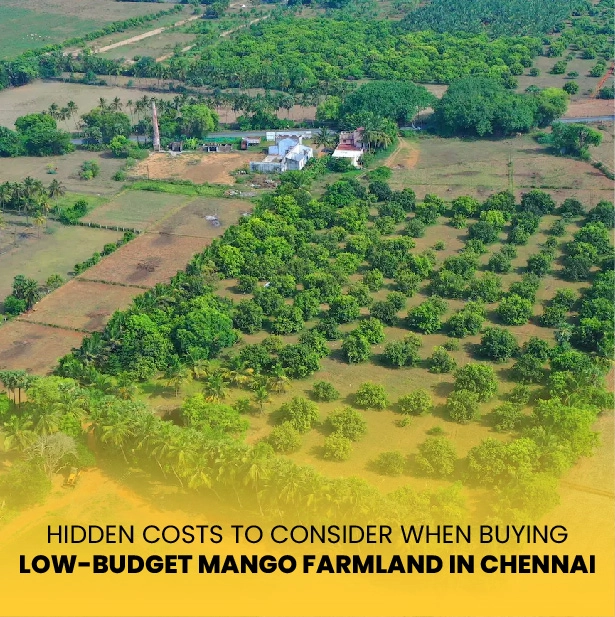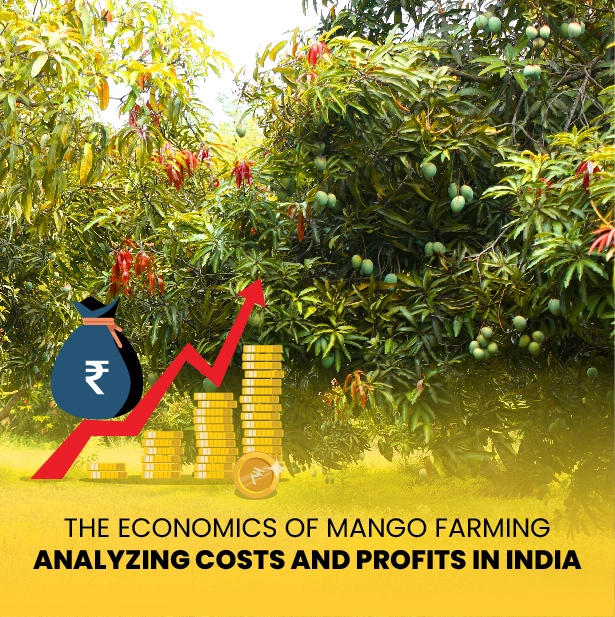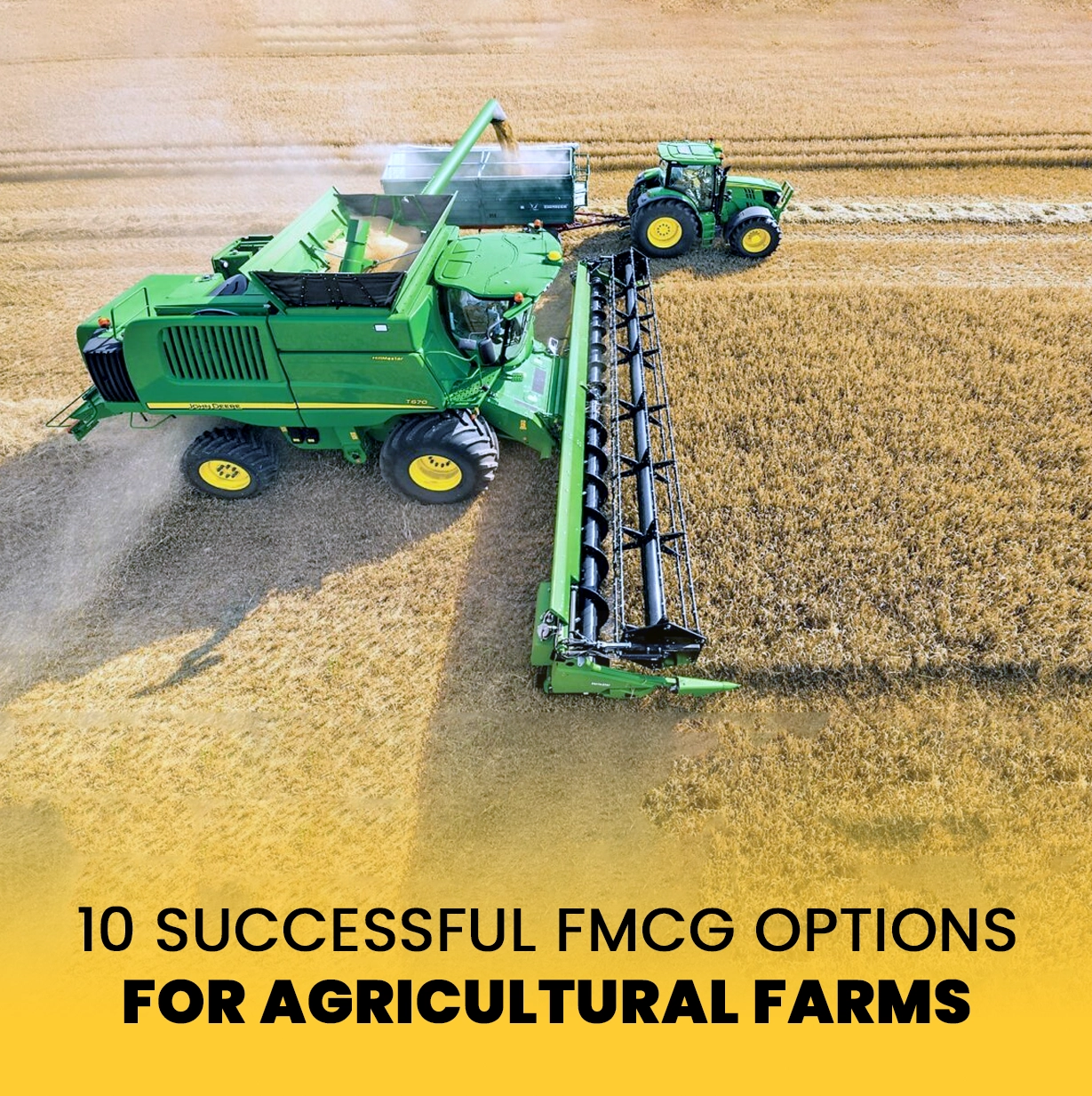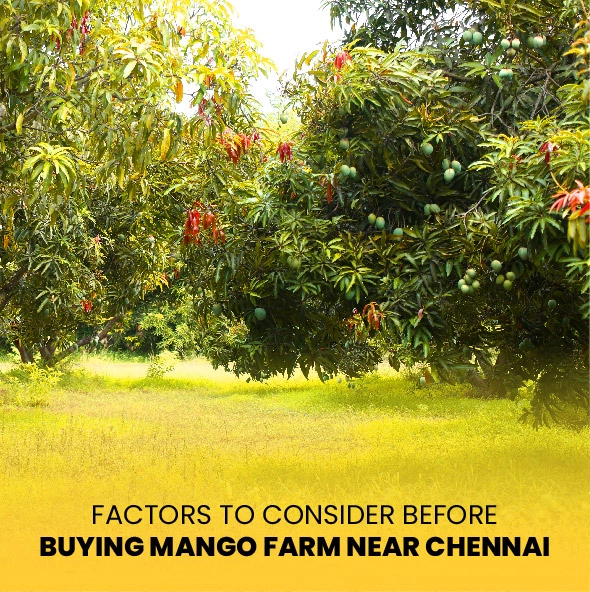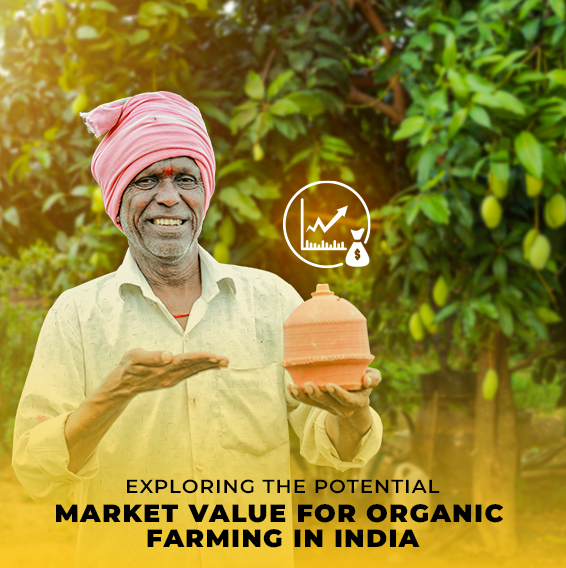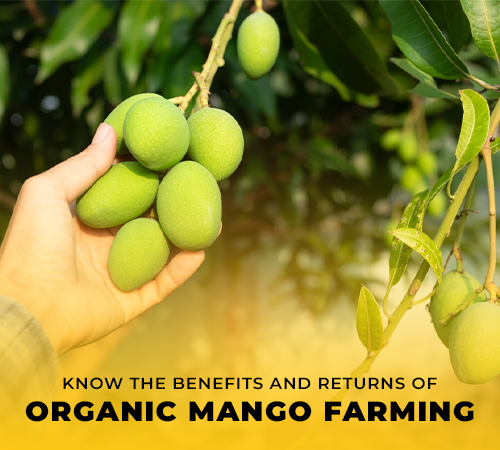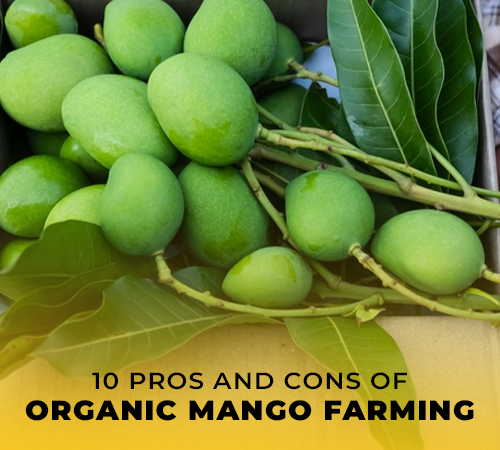Buying and selling farm land is sometimes more difficult than one might think. Following a budget can seem difficult given the demand for more agricultural acreage to raise income and lower expenses. As annual harvests rise, rich fields eventually pay for themselves with good returns on investment. Still, many farmers question the viability of purchasing or selling their land given the state of agriculture today.
This guide can help one see the complexity of the field. Navigating the subtleties of farms available for sale or lease, buying farm land, selling it, and investing in land can be successful whether your expertise level is that of an investor entering into agriculture or an established farmer seeking expansion. These are some important ideas to give thought:

Whether a relative has come back to help run the family farm or your house is growing, acquiring land helps larger family-owned farms run. These insightful analyses help you to understand the present market of accessible productive land for purchase, therefore optimizing the success of your farm. Maintaining a positive return on investment (ROI) is critical, and in recent years, agricultural deals all around Chennai have kept their strength based on strong ROI data.
Know Your Budget and Goals: One makes a major investment in farmland. Estimate your upfront budget and map your land's objectives. Are you seeking long-term investment with an eye towards sustainable methods or quick rewards akin to cultivating valuable crops? Knowing your objectives will affect the kind of land you are looking for and the qualities most crucial to you.
Location: Location is quite important, much as with any real estate. Think about things like how close marketplaces are to sell your produce. Easy access to transportation ties guarantees timely crop delivery and helps to lower expenses. If necessary, look at water rights and consider alternative irrigation techniques including wells since dependable access to water is vital. Remember elements influencing your daily activities, such as the distance to suppliers and the availability of farm labour.
Soil Quality Matters: Your production is largely affected by the land's fertility. Test soil to learn about composition, quality, and any possible restrictions. Look for evidence of prior pollution or erosion. A good farm starts with healthy soil, hence, if necessary, take into account making investments in soil amendments or cover crops to raise quality.
Water Rights and Availability: In agriculture, water is vital. Make sure you have enough water rights or investigate alternate irrigation techniques including wells or rainwater collecting devices. Investigate the area's long-term water situation keeping in mind possible drought or water limitations.
Research Regulations and Zoning: Be informed of any environmental rules or zoning restrictions possibly influencing your farming operations. For instance, some regions can have restrictions on particular kinds of livestock or crops or need for particular waste management techniques. Pre Knowledge of the rules helps one avoid unanticipated obstacles down the line.
Don't Skip the Title Check: First and most importantly is a clear, unchallenged title. Check the land ownership records to be sure there are no existing claims, liens, or easements limiting your usage of the property.
Consider a Farmland Specialist: An experienced realtor focused in farming may offer insightful analysis on the legalities, market, and values. They can help you steer clear of possible hazards, negotiate, and link you with suitable properties.
Understand Market Value: Investigate local present agricultural values. Think through things like land size, past crop yields, current infrastructure (fence, storage facilities), and any water rights you have.
Highlight the Potential: Recognise the farm's assets: good quality of soil, prior performance supported by statistics, and any water rights improving the value of the land. Think about the farm's fit for particular crops or agricultural applications that might draw a premium.
Target the Right Buyer: Engage possible purchasers who fit the possibilities of your land. Think of advertising in agricultural journals, via farm real estate companies, or at trade shows. Emphasise the elements your prospective buyer would most find appealing.
Be Prepared for Negotiations: About your asking price, be reasonable; however, expect negotiating. Be ready to defend your price with facts on similar land sales and the farm's future possibilities.
Understand Tax Implications: Selling land may have tax implications. See a tax consultant to learn your possible tax load and investigate ways to reduce it. This blog will enable you to ascertain a reasonable net profit from the sale by helping you tax benefits of buying land.
Legal Expertise is Key: To guarantee a seamless and safe sale, include a lawyer focused on farmland transfers. They can manage the legal documentation, make sure all disclosures are completed, and defend your interests all through the process.
Productive acreage of land is one of the finest returns on investments. Why are agricultural farm land for sale and prices not reflecting recently reduced commodity prices? See this post to learn how to locate less expensive property and when future land prices will be reasonable.
Some of the best returns on investments are found on productive agricultural acreage. Agricultural land prices have not necessarily matched recent low commodity prices. When we might expect land prices to line up with economic sense and this article how to find cheap agriculture farm land.
Leasing as an Option: Particularly if you are a rookie farmer or have financial restrictions, think about leasing land instead of buying. Leasing lets you experience running a farm before making a big purchase commitment. There are several lease forms, so work out terms that are reasonable for the landowner as well as for you.
Get Everything in Writing: Make sure a formal contract describes the terms and circumstances of the deal whether you are buying or selling. This covers closing date, purchase price, payment schedule, contingency, and any warranties or guarantees. A well-written contract shields both sides engaged in it.
Building Relationships: One great resource is developing ties with other local farmers. They can offer understanding of local markets, laws, and possible prospects. Should you be selling, they might also be interested in purchasing your land or know someone who is.
Negotiating the complexity of purchasing farm land for sale, or investing in farmland calls for a thorough evaluation of financial, agricultural, and legal elements. Understanding the market, establishing clear goals, and using professional knowledge will help you whether your objectives are to grow your farming operation, find a profitable investment, or move out of farming. Following these guidelines and keeping current with market trends and opportunities will help you to make wise decisions that best maximise the possibilities of your agricultural enterprises. Recall that every agricultural property is different; therefore, customising your strategy to fit its particular advantages and difficulties will help you to follow a road towards success in the exciting field of farmland transactions.
